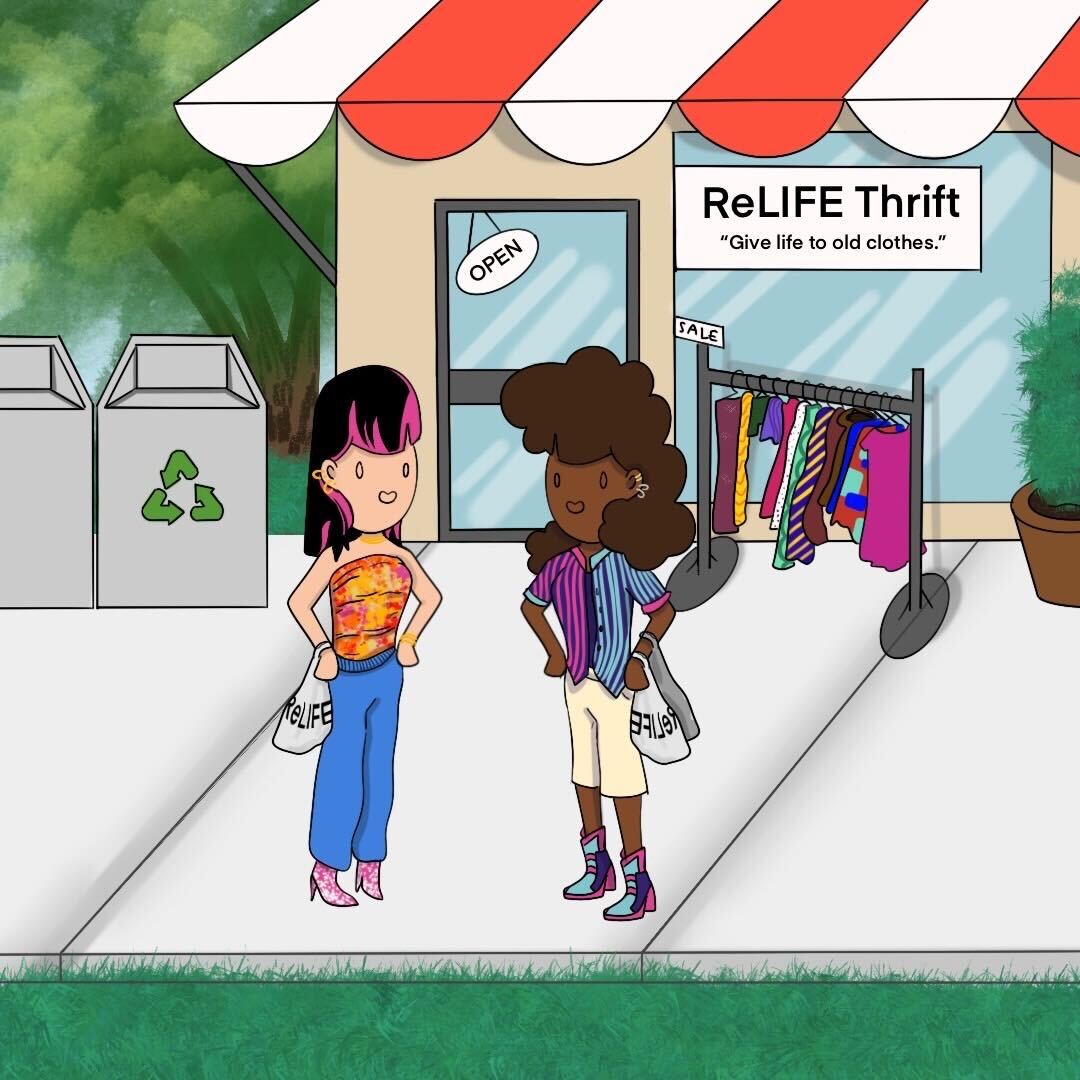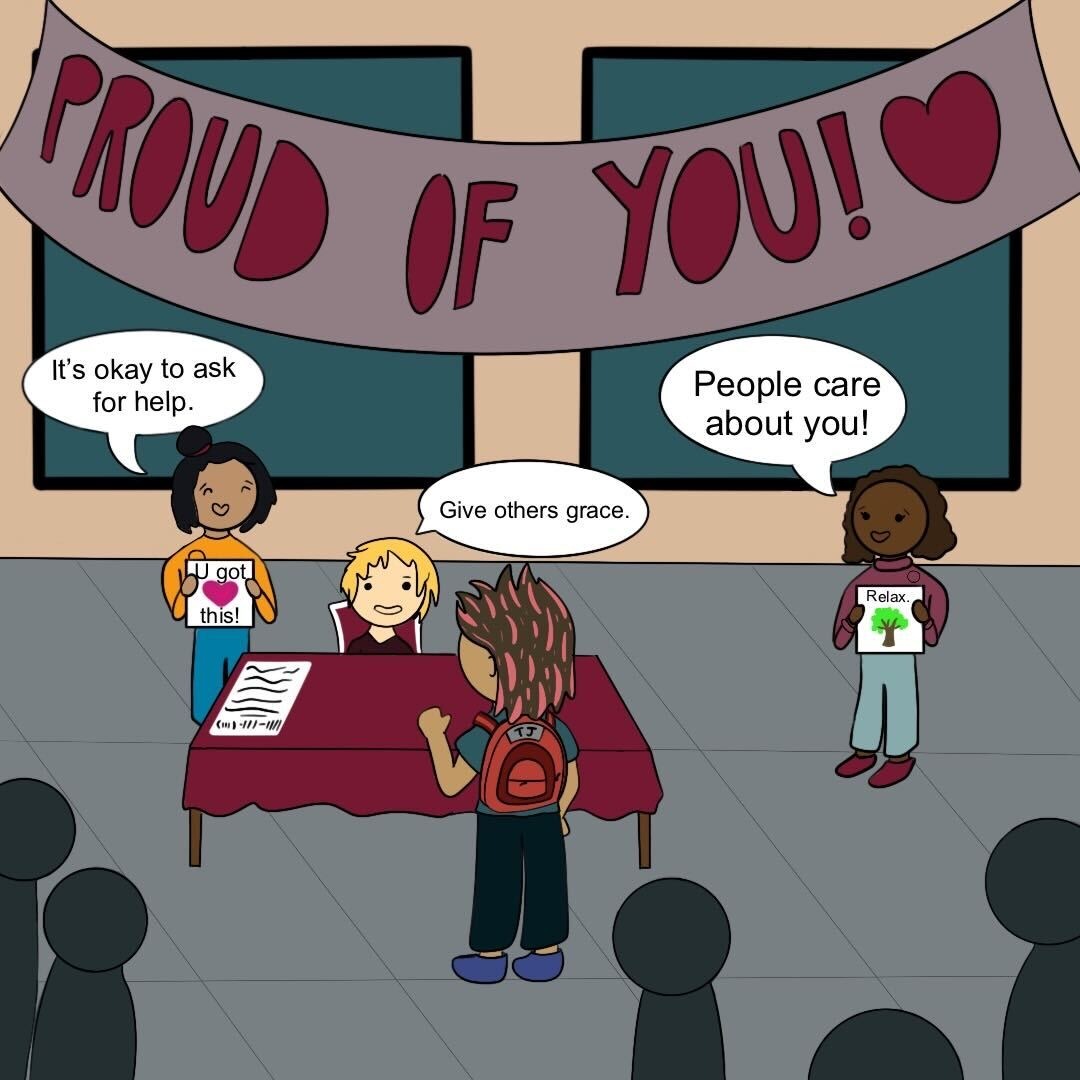For the first time, the U.S. Food and Drug Association (FDA) has approved e-cigarettes in a flavor other than tobacco. Four types of menthol-flavored vapes were authorized for marketing on June 21.
Although they are readily available, flavored e-cigarettes are illegal because of their highly addictive quality and adverse health risks. Now, some products with menthol, a flavoring derived from mint, are considered legal under the FDA’s approval.
The FDA’s approval of certain menthol-flavored e-cigarettes is significant because they will be marketed to young people. According to the Center for Disease Prevention and Control (CDC), historically, tobacco companies add menthol flavoring as a way to make their products “less harsh” and “more appealing” to young people who have not used tobacco products before.
The FDA’s decision to further authorize the marketing of e-cigarettes, a product known to have serious health effects, sets a dangerous precedent. If our government agencies are not going to work against the vaping epidemic that is plaguing young people, who will?
Texas State students are no strangers to vaping. Texas State’s no-smoking policy includes e-cigarettes; however, this rule doesn’t stop students.
Valerie Rangel, a Texas State psychology alumna, said she believes vaping is extremely common among students, even while on campus.
“In The Quad during rush hours, you can see the puffs of smoke,” Rangel said.
Luis Acosta, an international studies graduate student, has a similar perspective on vape use at Texas State.
“I haven’t met a single person who hasn’t vaped [before],” Acosta said. “I see it [on campus] a lot at night.”
There are over 20 smoke and vape shops in San Marcos, not including the various gas stations that also sell vaping products. Many of these shops are on the same street, less than a mile apart.
The use of vapes among students is far too common and accessible, especially when looking at the serious health effects they pose. According to the CDC, nicotine found in vaping products can hinder brain development for those 25 years and younger. In addition, e-cigarettes contain cancerous chemicals, heavy metals including nickel, tin and lead and other chemicals linked to lung disease.
Citizens and activist groups have long advocated for a ban on menthol-flavored cigarettes because of marketing toward young people, African Americans and LGBTQ communities in the U.S. The FDA has also been taking steps toward banning menthol-flavored cigarettes since 2013.
It is no mystery that vapes and e-cigarettes are highly addictive and detrimental to one’s health, which is why it is unacceptable for the FDA to approve menthol-flavored e-cigarettes instead of banning them.
Currently, the decision to approve menthol-flavored e-cigarettes is being supported by the FDA on the basis that vaping is still a better alternative to smoking for adults who are trying to quit. However, the authorization of menthol-flavoring in vapes will only entice younger people to pick up the habit, leading to an endless loop of addiction and an endless assurance of money for the vaping industry.
Texas State students must stop letting themselves be victims to a marketing scheme. We must be smarter and choose our health over the short-term satisfaction of vaping.
-Faith Fabian is an English sophomore
The University Star welcomes Letters to the Editor from its readers. All submissions are reviewed and considered by the Editor in Chief and Opinions Editor for publication. Not all letters are guaranteed for publication.

















